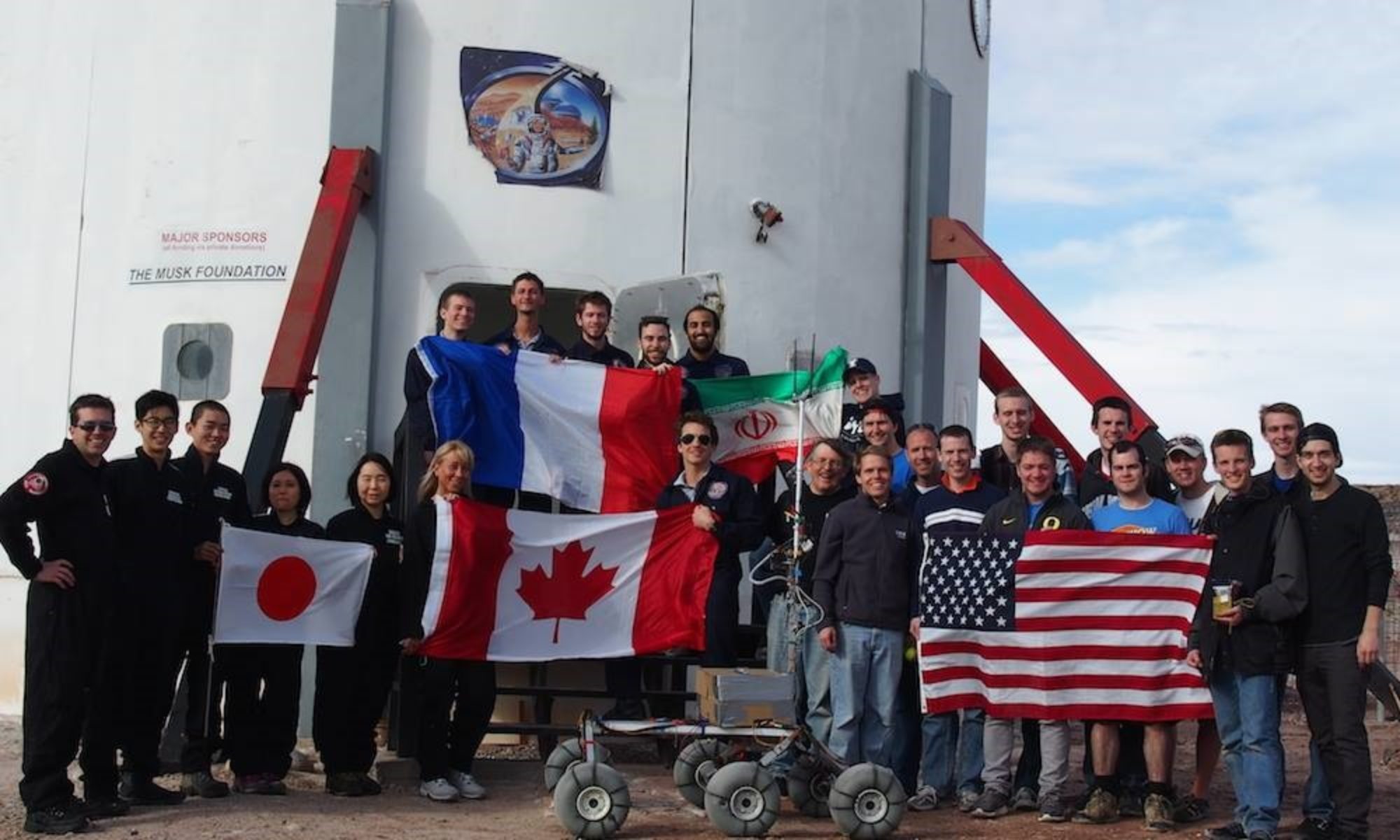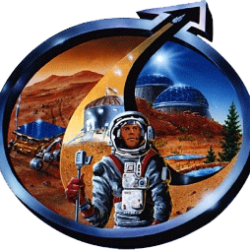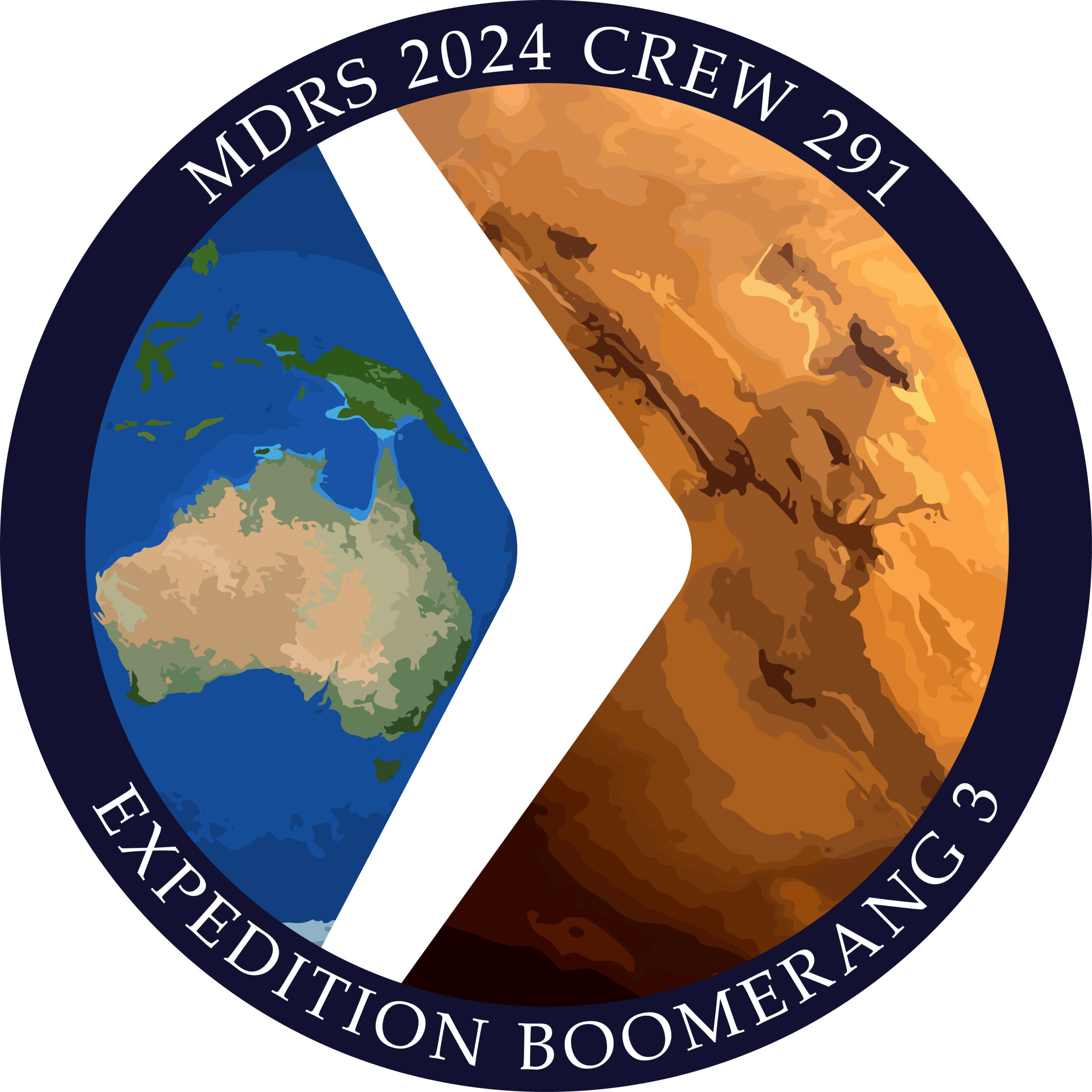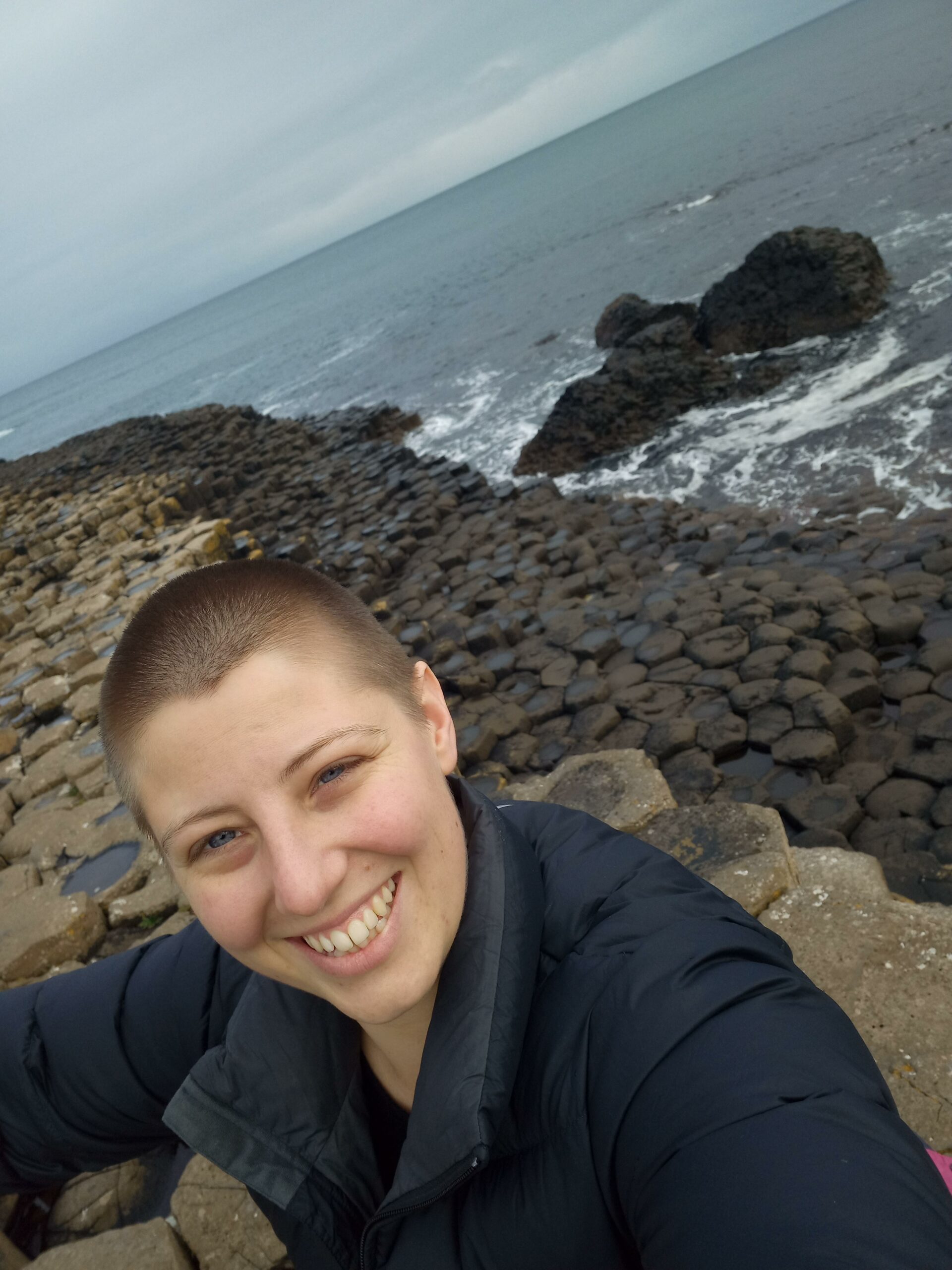Crew 291 – Expedition Boomerang 3
Jan 21 – Feb 3, 2024
Crew Members:
Commander: Andrew Wheeler
Health and Safety Officer: Steven Hobbs
Green Hab Officer & Crew Engineer: Scott Dorrington
Crew Astronomer: Rob Hunt
Crew Scientist: Clare Fletcher
Crew Journalist: Alexander Tobal
Andrew Wheeler (Commander): Andrew is a senior geologist for a geology, surveying, and engineering consultancy, supervising exploratory drilling programs and mentoring graduate and junior geologists on site. He has also served in similar roles in projects around the world. Andrew has served as a member for Crew 214 and 215 at the Mars Desert Research Station in Utah in 2019, commanding 215. He also led an expedition to FMARS in July 2023. He will serve as commander for Crew 291 at MDRS in early 2024. He has a B App Sci in Applied Geology (QIT Queensland Australia), Post Graduate Diplomas in Science (Earth Science) and Education (UQ Queensland Australia), and collaborates in research into Martian geology.
Steven Hobbs (Health and Safety Officer): Dr Steven Hobbs has a Master’s in Space Systems Engineering with a focus of developing hyperspectral sensors for deep space applications. Coupled with his PhD in Geographic Information Systems and Remote Sensing, he has actively researched Martian geomorphology, Earth-based analogues and surface processes. Additionally, Steven is investigating the utility of low-cost sensors and robotics, testing them in near-space environments, to inform the next generation of Moon and Mars exploration. This research has included trials of sensors in near-space, with high-altitude balloon flight performance comparing favourably with on-orbit sensors. Steven is a member of Mars Society Australia and has published three books. He is currently authoring a book on Martian remote sensing.
Scott Dorrington (Green Hab Officer & Crew Engineer): Scott Dorrington is a postdoctoral researcher with interests in astrodynamics, space mission design, space resource utilization, and space sustainability. He is currently a postdoctoral researcher in the Space Enabled group at the MIT Media Lab, working on the development and implementation of the Space Sustainability Rating. He is also involved with experimental design and operations planning of spaceflight hardware projects, having deployed microgravity experiments on suborbital launches, and passive sensors on a lunar rover. He is also involved with the Zero Robotics program, helping high school students develop code to control the Astrobee free-flying robot on the International Space Station.
Rob Hunt (Crew Astronomer): Rob is a translational scientist who is broadly skilled, educated and experienced in a range of fields and endeavours. With backgrounds in biology, astronomy, space science, scientific research, agriculture, land use, teaching, construction, food production, swimming teaching, SCUBA diving, and genealogy, he most enjoys the discovery of new, and dissemination of existing, knowledge. He conducts a small astronomy/space outreach business, travelling regional and urban Australia to deliver hands-on stargazing and rocketry events to schools, isolated communities and private groups. For nearly three decades, Rob lived off-grid amongst 30m tall eucalypts in the highlands of SE Australia. He designed, drafted plans, and built an energy-efficient adobe home with small hobby farm, fabricating and installing all facets of the project including utilities. He has decades of experience as a stay-at-home parent in this off-grid environment. As resource and logistics person, Rob has also travelled overland from Johannesburg to London. Rob’s first expedition to MDRS is as Crew Astronomer and Medical Support. He was looking forward to operating the Musk Observatory’s solar telescope to capture images of solar activity however inclement weather now dictate that Rob uses his time to improve the productivity of other team members’ programs, and their experience at MDRS by providing logistical, domestic, manual, and technical support for the full range of team activities.
Clare Fletcher (Crew Scientist): Clare Fletcher (they/she) is a PhD candidate at the University of New South Wales’s Australian Centre for Astrobiology in Sydney, Australia. Their PhD focuses on exogeoconservation of Mars – understanding important geological sites and features, particularly potential evidence of life and palaeoenvironments, and how we can best protect them while allowing continued exploration of Mars. Clare has previously completed an MPhil which focused on creating a roadmap for the geoconservation of the oldest evidence of life on Earth – 3.5 Gya stromatolite fossils in the Pilbara region of Western Australia, which have been studied by space agencies in preparation for Mars missions such as Mars2020 Perseverance. Clare is a member of the Mars Society of Australia, the Australian Centre for Astrobiology, and the IAA Moon Farside Protection Permanent Committee. They have worked as a writer for SpaceAustralia.com and helped run social media accounts for the Australian Centre for Astrobiology. Clare has presented their work at the UN COPUOS Legal Subcommittee Meeting in 2023 and at various conferences across Australia. Clare also teaches courses in astrobiology and science communication, as well as various earth and environmental sciences courses, at the University of New South Wales.
Alexander Tobal (Crew Journalist): Alexander is a Mars Society Australia director and Australian public servant with a background in biology and biomedical science. His current job role involves the design of strategic foresight techniques to help government departments ‘future-proof’ their activities, and he has previously worked for groups like the Australian Space Agency and the Office of the Chief Scientist. Alexander aspires to become a successful science fiction author and/or interplanetary nomad (both seem equally likely). In the meantime, as crew journalist, he plans to collect feedback that will inform the design and construction of a Mars analogue facility in Australia.








You must be logged in to post a comment.